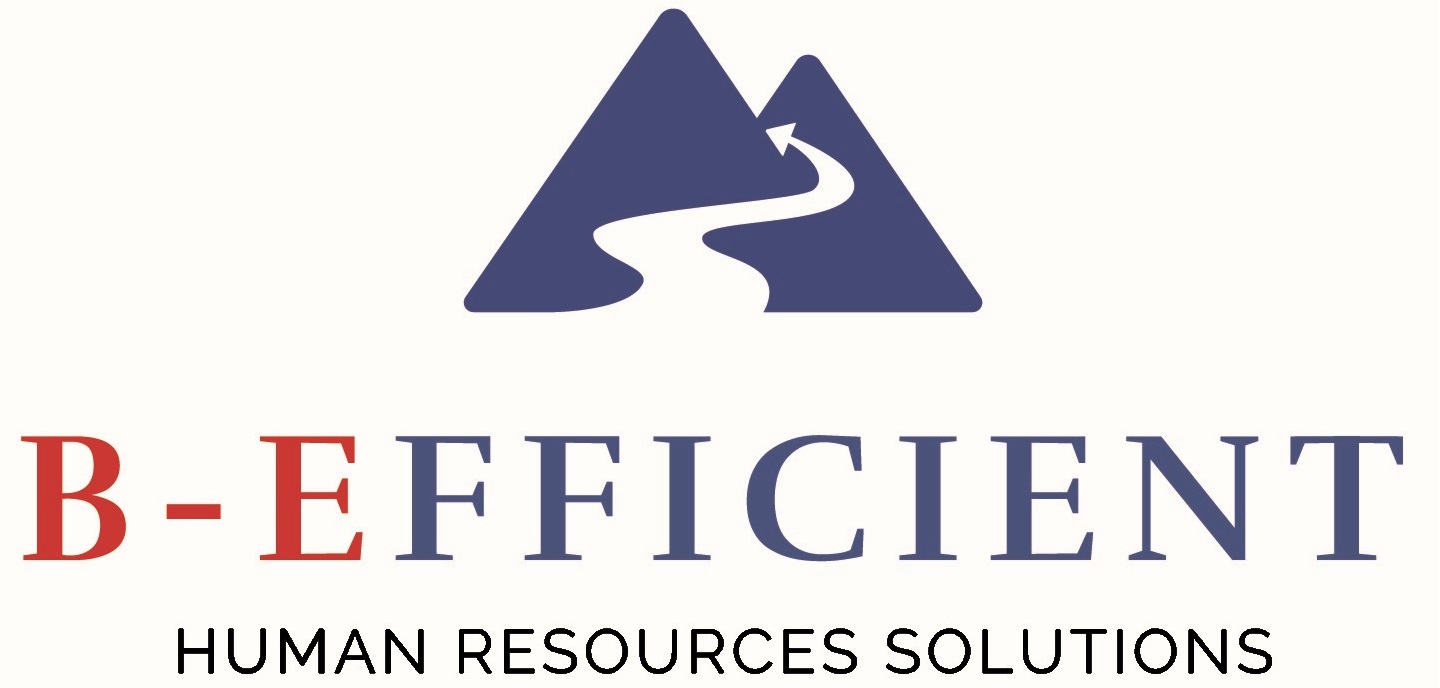B-Efficient offers legal advice to companies in order to define a sustainable legal and organizational framework for telework (structural and/or casual).
B-Efficient also achieves tax and social optimization as well as, if necessary, coaching and coaching of managers and teleworkers.
There are many reasons why a company may be launching a remote work initiative:
- Increase the quality of work and employee satisfaction;
- Improve the company's performance through improved productivity;
- Saving money by reducing workspaces;
Written formalization is mandatory for employers who have had a positive experience of telework during the pandemic (force majeure) and who now wish to introduce structural telework within their company.
B-Efficient takes care of this formalization of telework and can, if necessary, supplement this service with training and coaching for managers and teleworkers. This type of collaboration requires a change in the way we collaborate.
For the legal aspects, B-Efficient will mandate a lawyer specializing in labour law who will work in 5 phases:
Phase 1: Analysis of telework needs (formal and informal existing situation - desired situation - strategic issues - determination of the timely form of structural telework - financial and technological impacts).
Phase 2: Implementing a communication strategy around the project so that workers are involved in the project and sufficiently informed about different aspects of telework. There is also a duty of information for the company (standard procedure in companies with EC for structural telework and specific procedure in certain cases covered by CTC 39, in companies with at least 50 workers).
Phase 3: Completion of telework (via agreement on employment contract, CTC or adaptation of work regulations, e-mail, brochure,..):
Phase 4: Tax and social optimization of telework. What allowances can you, as an employer, award to teleworkers monthly instead of/in addition to providing the necessary telework devices? How can we ensure that these benefits are exempt for both parties?
Phase 5: Various advice to employers/workers (organization - training/coaching)
In her approach, B-Efficient will ensure that the modalities of telework:
- Get the full support of the employees;
- Be non-discriminatory under the provisions of labour law applicable to the rest of the company;
- Be precise enough to avoid any blurring or damaging ambiguity;
- Promote the establishment or maintenance of a relationship of trust between the employee and his manager (avoid the overlay of control tools);
- Be socially and fiscally optimal for employers and workers;
- Formally establish a right to disconnection for the employee.
B-Efficient implements the recommendations of the Walloon Region's digitalisation initiative: digital Wallonia - NWOW/New Ways Of Working, in collaboration with UCLouvain and the University of Liège.
